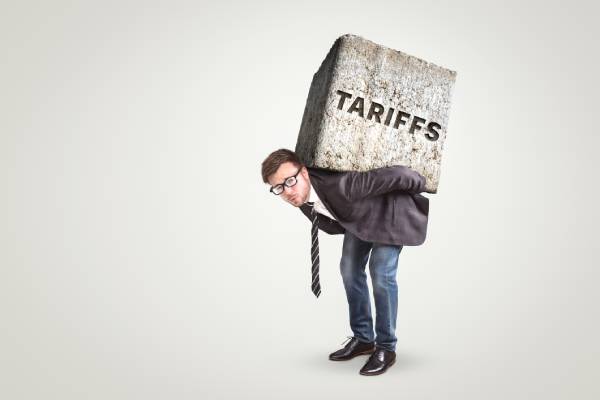
The American Apparel & Footwear Association (AAFA) and U.S. Chamber of Commerce are warning that the U.S. Trade Representative’s newly announced shipping tariffs could do more harm than good for American businesses, workers, and consumers.
On April 17, the USTR unveiled the results of its Section 301 investigation into China’s maritime, logistics, and shipbuilding sectors, outlining a series of aggressive new tariffs and fees. The phased measures target Chinese vessel owners and operators, as well as ships built in China. Additional tariffs, ranging from 20% to 100%, will apply to critical shipping infrastructure, including containers, chassis, and ship-to-shore cranes.
The AAFA, which testified and submitted comments opposing the proposal in March, said the consequences would be widespread.
“We are deeply concerned that the newly announced port fees and shipping mandates are destined to have devastating consequences for American workers, consumers, and exporters,” said Nate Herman, Senior Vice President of Policy at AAFA. “With fees as high as $1.5 million per port call, these measures are driving up shipping costs, shrinking GDP, and reducing U.S. exports.”
The U.S. Chamber of Commerce echoed the concerns. In a separate statement, Executive Vice President and Chief Policy Officer Neil Bradley said:
“The administration’s response to China’s unfair maritime industry practices will not revitalize the American shipbuilding industry; it will, however, impose serious new costs on American businesses and consumers… What won’t solve this problem is new tariffs that only increase prices for Americans.”
Both groups are calling for a broader, more strategic approach, including congressional investment in domestic shipbuilding and stronger coordination with allies.
The announcement was made after markets closed on April 17. Critics say the timing suggests the administration is aware of the market sensitivity of the decision, which could increase inflationary pressure and reduce shipping access to smaller U.S. ports.